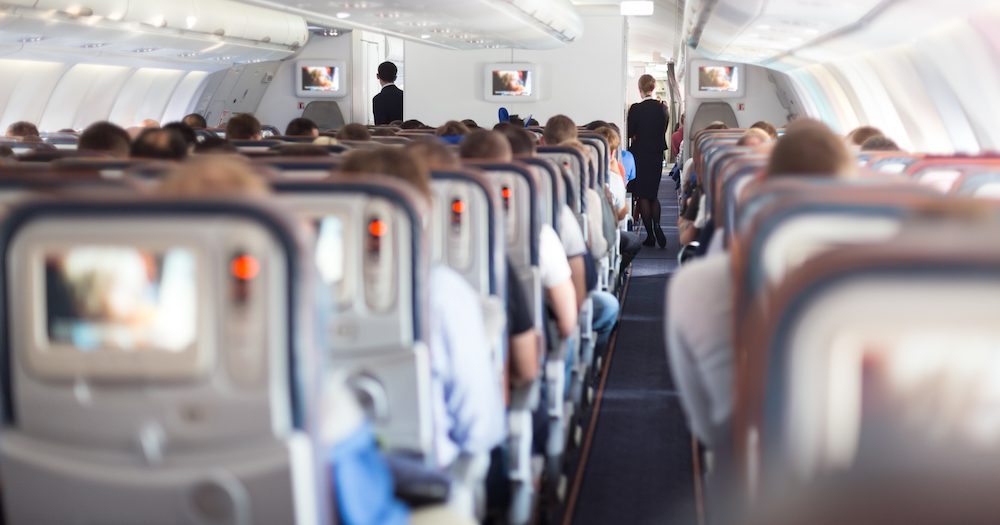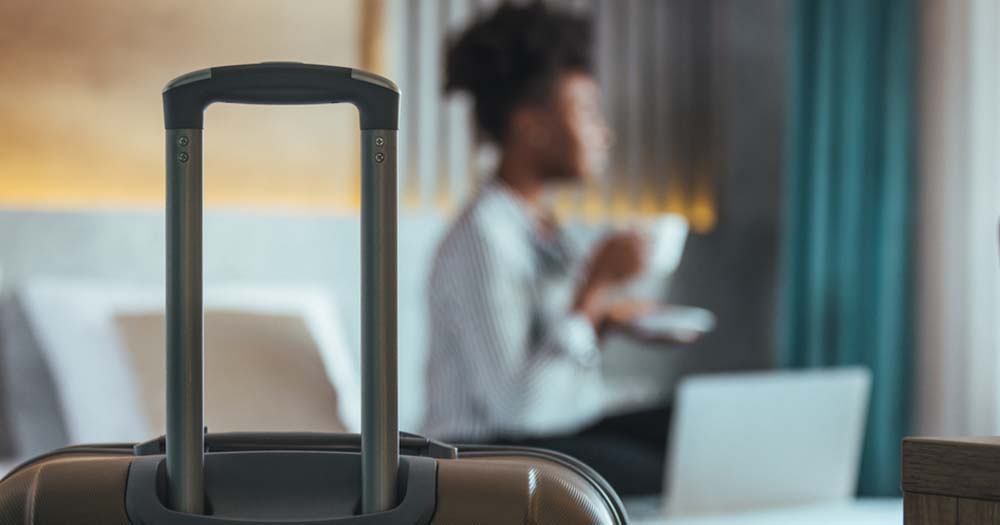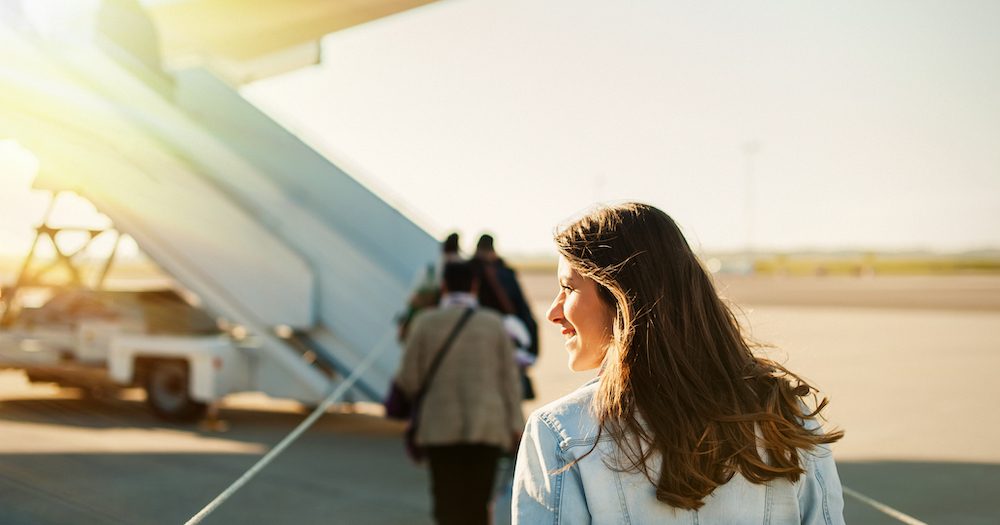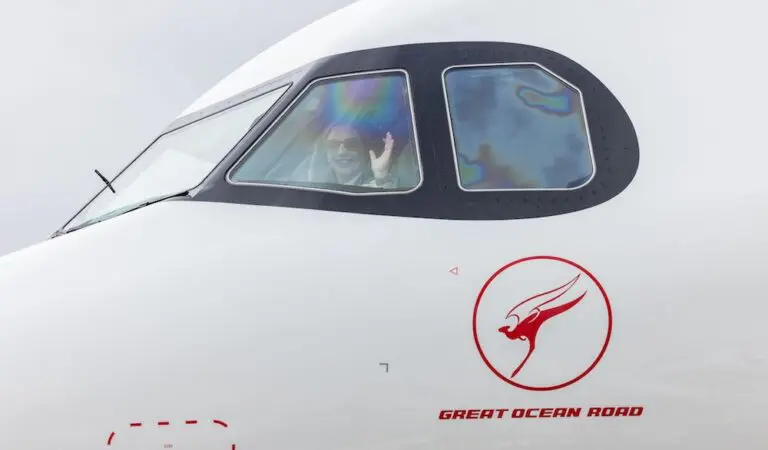If you thought the years leading up to 2020 were big ones for flights (and yes, they were), new data has predicted that 2024 will be even bigger.
Citing new Cirium data, FCM Consulting’s ‘Quarterly Global Trends Report’ (Q4 2023) shows that air travel capacity for leisure and corporate clients is expected to exceed levels seen in 2018 and 2019.
But airlines aren’t offering more services.
The Flight Centre Travel Group (FCTG) company’s report flags a global trend for 2024: more seats on fewer flights.
According to FCM’s report, there will be around 97.9 million more seats on offer in H1 2024 than H1 2019 – that represents a healthy 3.5 per cent rise. However, there’ll be roughly 2.1 million less flights when comparing the same periods – equal to a 5.6 per cent decrease.

FCM Consulting APAC Director Felicity Burke says the decline is a result of “fleet configuration changes and shifts in schedules to meet the demand”.
But this could be a win-win-win for airlines, airports and customers.
“When carefully planned, this will be favourable to airline operating costs, staffing, airport slots and airport costs,” Burke says.
“More seats and less flights will mean less scheduled choice for passengers, but it will contribute to the improvement of travel times and the environmental impact of travel.”
Burke also points to the evolution of business class in the overall trend in reconfiguration.
“Six different airlines have brought aboard new business class offerings over the past four years, providing new pricing and inclusions options for travellers, including, for example, through Business Luxe and Business Lite,” she remarks.

“Jet fuel costs continue to impact on travel costs, and while the last quarter of 2023 saw the lowest prices of the year at US$102 per barrel, that was somewhat short-lived and jumped to US$107 per barrel in January 2024.”
The report also shows airlines are figuring out ways to operate flights effectively and profitably without hiking up prices for travellers.
“We know thanks to recent data from Flight Centre Corporate, that international airfares out of Australia were starting to drop in the second half of 2023, across all cabin classes, and as capacity and competition comes back to the network, our travellers will see that further improve,” Burke says.
Among the top corporate airlines, the report predicts seats to rise by two per cent above 2019, while the number of flights will fall by six per cent.
Major carriers Delta Air Lines, United Airlines, China Southern Airlines, China Eastern Airlines, LATAM, Qatar Airways, Cathay Pacific, Singapore Airlines, and Virgin Atlantic are all forecast to surpass seats offered when compared to five years ago.
According to International Air Transport Association (IATA) data, air travel demand topped 99.1 per cent of 2019 levels in November 2023. The APAC region had the strongest leap – up 68.8 per cent year on year.
Sleeping tight

Burke says there’s a similar win-win for hotels and guests within Australia, as the country experiences the highest occupancy rates of all regions, but one of the lowest increases in accommodation costs.
“In terms of accommodation, the average room rates and overall occupancy increased across all regions for 2023, when compared to 2022,” she said.
According to FCM, room rates in Australia and New Zealand rose by 12.4 per cent, or AU$14, in the year to April 2023, which placed it second only to Latin America (a AU$9 rise).
But Australia’s hotel occupancy beat all, rising nine per cent in the most recent financial year, to reach 69 per cent.
“Q4 2023 closed a milestone year, seeing corporate travel the busiest and least interrupted in over four years,” Burke says.
“Business travellers became more confident than in previous years and are planning trips in 2024 to both grow their business, and connect with clients and colleagues.”






